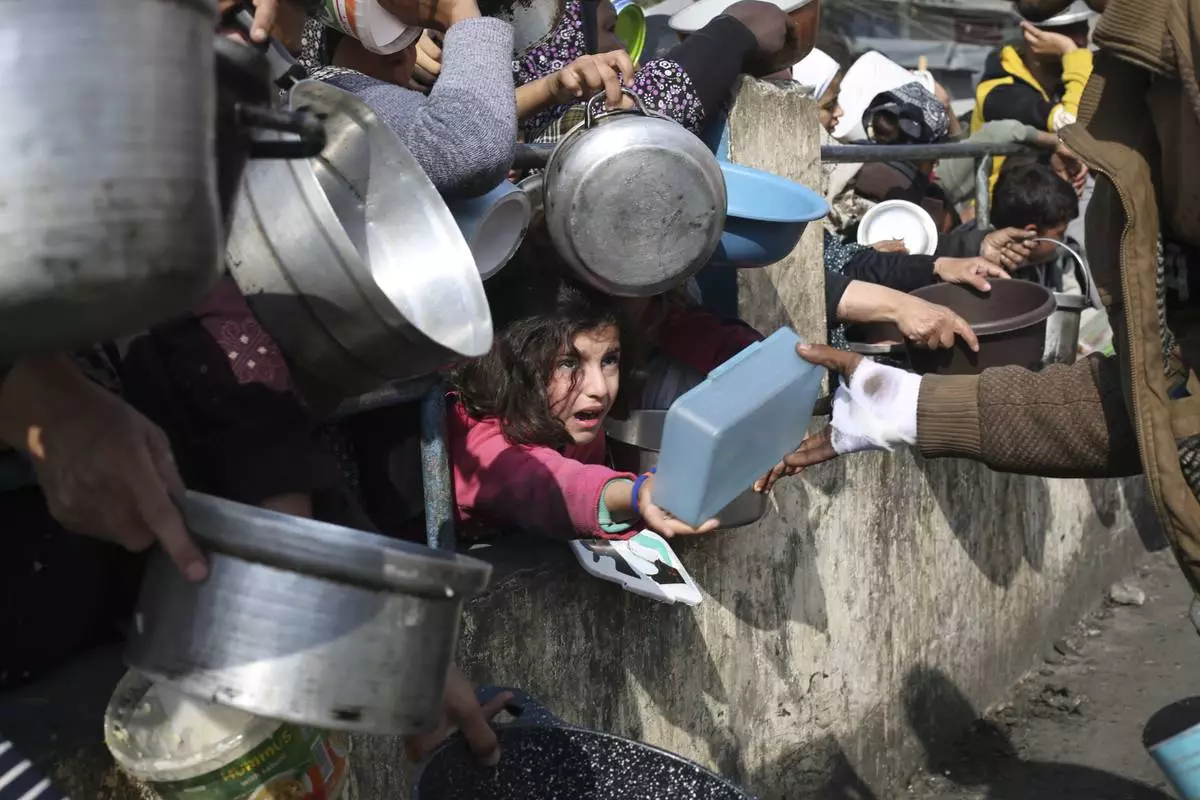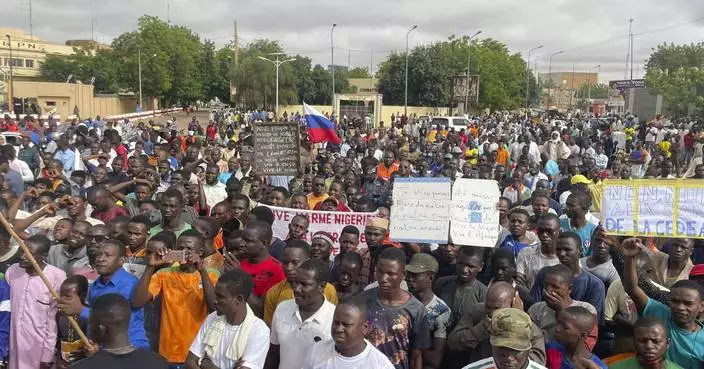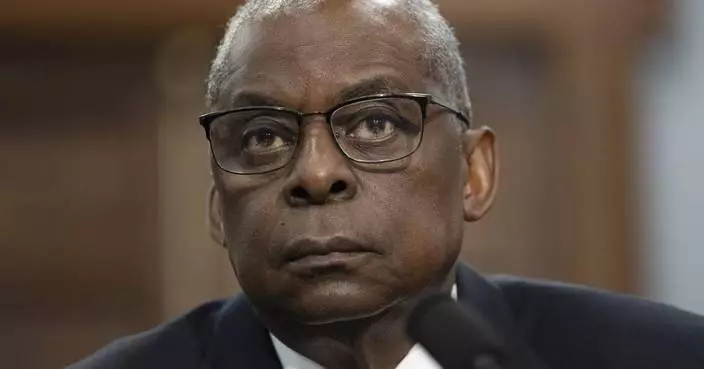The agency overseeing California's legal marijuana market has been overmatched by the job and is struggling to hire sufficient staff and set an overall strategy for the nation's largest cannabis economy, an audit found.
About two-thirds of the 219 staff positions authorized for the Bureau of Cannabis Control remain unfilled, according to an audit by the state Finance Department. A shortage of staff in the enforcement unit is hindering the agency's ability to conduct investigations.
While the cannabis bureau is in its relative infancy and has established a foundation to oversee the market, "the current status and location of personnel is not sustainable to provide effective and comprehensive oversight of cannabis activities throughout California," according to the audit, which was released earlier this month.
The problems outlined in the audit provide a backstory to the uneven rollout of the state's legal pot market, which kicked off sales on Jan. 1, 2018. By just about any measure, California's effort to transform its longstanding illegal and medicinal marijuana markets into a unified, multibillion-dollar industry remains a work in progress.
Legal shops must compete with thriving underground sales, and companies say hefty tax rates make it hard to lure customers. A promised state tax windfall has yet to arrive, and licensing has been slow and problematic.
While legal cannabis is being sold around California, it's unavailable in many areas because local governments have banned sales or not set up rules for the market to operate. A legal fight is underway over home deliveries into communities that have banned commercial pot sales.
In a lengthy response, the Department of Consumer Affairs, which oversees the cannabis bureau, said the agency faced a rigid deadline to adopt regulations and begin issuing licenses in 2018.
Regulators hit that target, but the agency acknowledged it faced a maze of shifting legislation and related requirements, including hiring staff, conducting studies, finding office space, entering into contracts for basic equipment and services, designing an online system and reviewing license applications.
The agency disputed some findings and argued that it met or exceeded its responsibilities despite the challenges.
"Unlike most state government programs, the bureau was simultaneously starting from the ground up on multiple fronts," the response said.
The audit did not examine two other agencies involved in pot regulation — the Department of Food and Agriculture, which oversees cultivation, and the Public Health Department, which regulates manufacturers.
Among the findings:
— Even with a thriving illegal market in California, only 15 enforcement unit staff positions have been filled, though 68 were authorized. "The bureau's ability to process complaints, perform inspections and investigations and review ... testing laboratories is severely impacted," auditors wrote.
— The three agencies that regulate marijuana need to do a better job communicating. "Enforcement unit staff stated a central contact from the other licensing authorities has not been established," the report found.
— There's a cash shortage. The primary source of revenue for the agency is from application and license fees. About $200 million was expected to come in through June 30, 2019, but the bureau has collected only $2 million as of January 2019.
Blood is a member of AP's marijuana beat team. Follow him on Twitter at http://twitter.com/MichaelRBloodAP . Follow AP's complete marijuana coverage: https://apnews.com/Marijuana .
WASHINGTON (AP) — Israel this week briefed Biden administration officials on a plan to evacuate Palestinian civilians ahead of a potential operation in the southern Gaza city of Rafah aimed at rooting out Hamas militants, according to U.S. officials familiar with the talks.
The officials, who were not authorized to comment publicly and requested anonymity to speak about the sensitive exchange, said that the plan detailed by the Israelis did not change the U.S. administration’s view that moving forward with an operation in Rafah would put too many innocent Palestinian civilians at risk.
Israeli Prime Minister Benjamin Netanyahu has vowed to carry out a military operation in Rafah despite warnings from President Joe Biden and other western officials that doing so would result in more civilian deaths and worsen an already dire humanitarian crisis.
The Biden administration has said there could be consequences for Israel should it move forward with the operation without a credible plan to safeguard civilians.
“Absent such a plan, we can’t support a major military operation going into Rafah because the damage it would do is beyond what’s acceptable,” U.S. Secretary of State Antony Blinken said late Friday at the Sedona Forum, an event in Arizona hosted by the McCain Institute.
Some 1.5 million Palestinians have sheltered in the southern Gaza city as the territory has been ravaged by the war that began on Oct. 7 after Hamas militants attacked Israel, killing 1,200 people and taking about 250 hostages.
The United Nations humanitarian aid agency on Friday said that hundreds of thousands of people would be “at imminent risk of death” if Israel moves forward with the Rafah assault. The border city is a critical entry point for humanitarian aid and is filled with displaced Palestinians, many in densely packed tent camps.
The officials added that the evacuation plan that the Israelis briefed was not finalized and both sides agreed to keep discussing the matter.
White House press secretary Karine Jean-Pierre told reporters on Friday that no “comprehensive” plan for a potential Rafah operation has been revealed by the Israelis to the White House. The operation, however, has been discussed during recent calls between Biden and Netanyahu as well as during recent virtual talks with top Israeli and U.S. national security officials.
“We want to make sure that those conversations continue because it is important to protect those Palestinian lives — those innocent lives,” Jean-Pierre said.
The revelation of Israel's continued push to carry out a Rafah operation came as CIA director William Burns arrived Friday in Egypt, where negotiators are trying to seal a cease-fire accord between Israel and Hamas.
Hamas is considering the latest proposal for a cease-fire and hostage release put forward by U.S., Egyptian and Qatari mediators, who are looking to avert the Rafah operation.
They have publicly pressed Hamas to accept the terms of the deal that would lead to an extended cease-fire and an exchange of Israeli hostages taken captive on Oct. 7 and Palestinian prisoners in Israeli jails.
Hamas has said it will send a delegation to Cairo in the coming days for further discussions on the offer, though it has not specified when.
Israel, and its allies, have sought to increase pressure on Hamas on the hostage negotiation. Signaling that Israel continues to move forward with its planning for a Rafah operation could be a tactic to nudge the militants to finalize the deal.
Netanyahu said earlier this week that Israeli forces would enter Rafah, which Israel says is Hamas’ last stronghold, regardless of whether a truce-for-hostages deal is struck. His comments appeared to be meant to appease his nationalist governing partners, and it was not clear whether they would have any bearing on any emerging deal with Hamas.
Blinken visited the region, including Israel, this week and called the latest proposal “extraordinarily generous” and said “the time to act is now.”
In Arizona on Friday, Blinken repeated remarks he made earlier this week that "the only thing standing between the people of Gaza and a cease-fire is Hamas.”

The Chahine family prepares to bury two adults and five boys and girls under the age of 16 after an overnight Israeli strike in Rafah, southern Gaza Strip, Friday, May 3, 2024. An Israeli strike on the city of Rafah on the southern edge of the Gaza Strip killed several people, including children, hospital officials said Friday. (AP Photo/Ismael Abu Dayyah)

FILE - Palestinians line up for free food during the ongoing Israeli air and ground offensive on the Gaza Strip in Rafah, Jan. 9, 2024. A top U.N. official said Friday, May 3, 2024, that hard-hit northern Gaza was now in “full-blown famine" after more than six months of war between Israel and Hamas and severe Israeli restrictions on food deliveries to the Palestinian territory. (AP Photo/Hatem Ali, File)

Palestinians rescue a woman survived after the Israeli bombardment on a residential building of Abu Alenan family in Rafah, southern Gaza Strip, early Saturday, May 4, 2024. (AP Photo/Ismael Abu Dayyah)

President Joe Biden walks across the South Lawn of the White House as he talks with White House press secretary Karine Jean-Pierre Thursday, May 2, 2024, in Washington, after returning from a trip to North Carolina. (AP Photo/Mark Schiefelbein)













